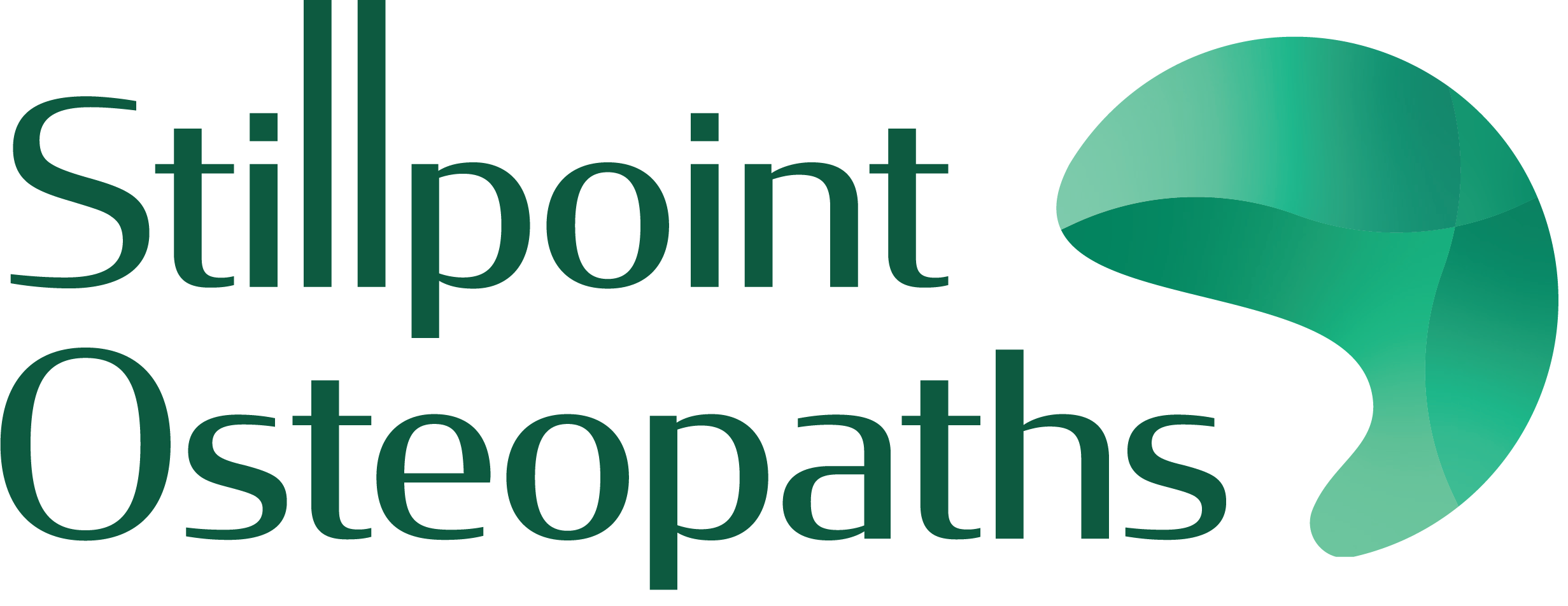Motor Vehicle Accidents and Post-Traumatic Stress Disorder
Motor Vehicle Accidents and Post-Traumatic Stress Disorder 50% of people who have pain caused by a motor vehicle accident meet the criteria for Post-traumatic Stress
What happens to your body during a car accident is completely dependent on the dynamics of the accident. The speeds, directions, types of vehicles involved, truck, motor bike where you were positioned and where you and your car ended up. Too many variations for me to describe them all.
Your body is thrown and moved because of these dynamics.
You may impact the inside of your car, the side windows, the dashboard, the steering wheel. Your knees can impact the front of the car, seats can collapse backward, seatbelts can lock tight across our chest and lower pelvis, air bags can inflate imparting a force to your body too.
This piece is not about the severe cases where there are potential life-threatening consequences where emergency medicine comes into its own. I am going to discuss the realm of cases that range from no obvious consequences, to those with ongoing chronic pain since their car accident.
My first recommendation is if an ambulance wasn’t required to attend your car accident and you were not checked and cleared, book a consultation with your GP or if you’re really concerned, go to your local white cross or accident and emergency centre. It’s great to have an examination and make sure something hasn’t been missed.
If everything has been cleared, then it would be recommended that you have yourself checked by an osteopath who can assess how your body has responded and repaired after the collision. It is not uncommon for patients to complain of ongoing neck, mid back, and lower back pain. Others have ongoing pain from fracture sites or concussions symptoms that have not resolved fully. The list goes on.
Your osteopath can gently assess your current situation regardless of whether the accident was today or 20 years ago. Our osteopathic assessments are unique as they look at the body as a whole and how the pattern of trauma is expressing itself throughout your body and not just in a single location. Our palpatory and examination skills can provide you with information on how to improve your function and provide you with a management plan to achieve your best results.
Motor Vehicle Accidents and Post-Traumatic Stress Disorder
Motor Vehicle Accidents and Post-Traumatic Stress Disorder 50% of people who have pain caused by a motor vehicle accident meet the criteria for Post-traumatic Stress
Acute vs Chronic Whiplash Associated Disorder
Acute vs Chronic Whiplash Associated Disorder Of those who develop whiplash associated disorder (WAD) for some, recovery can be prolonged. The majority recover relatively well
What to do if you sustain a whiplash injury?
What to do if you sustain a whiplash injury? Well initially it is important to get some appropriate pain relief which you can discuss with
Whiplash This is a well-known term for an injury occurring to the neck due to acceleration with rapid deceleration. This can occur commonly with rear
Your body in a Car Accident What happens to your body during a car accident is completely dependent on the dynamics of the accident. The
Car Accidents – What’s the Impact?
Car Accidents – What’s the Impact? ACC receives about 40,000 new injury claims a year from motor vehicle crashes in New Zealand. We have hundreds
